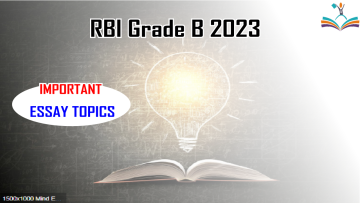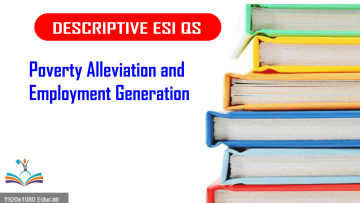Demographic transition brings forth the concept of a demographic dividend. As fertility rates decline and life expectancy increases, the proportion of the working-age population rises. India, with its large and youthful population, has the potential to leverage this dividend for economic growth. A larger workforce relative to dependents can lead to increased productivity, higher savings, and greater investments. Countries like China and South Korea have successfully utilized their demographic dividends to achieve rapid economic progress.











